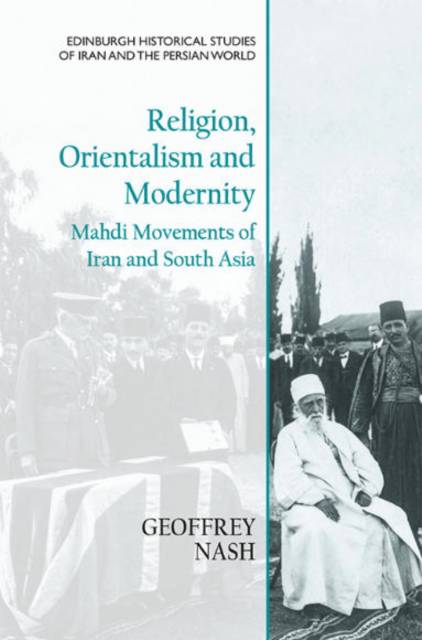
- Retrait gratuit dans votre magasin Club
- 7.000.000 titres dans notre catalogue
- Payer en toute sécurité
- Toujours un magasin près de chez vous
- Retrait gratuit dans votre magasin Club
- 7.000.0000 titres dans notre catalogue
- Payer en toute sécurité
- Toujours un magasin près de chez vous
Description
Geoffrey Nash explores the emergence of the revolutionary Babis and reformist Baha'is and their conflict with mainstream Shi'a Muslims in Iran, and of the parallel Ahmadi movement in North India. It gives fresh insights into the writings that defined these innovatory movements, penned on the one hand by their proponents, and on the other by western interpreters. Comparing these movements shows that, together, they define important aspects of Islamic modernity. A focus on two case studies (Babis and Baha'is in Iran, and Ahmadis in India) reveals similarities and differences in their responses to a perceived need for change and renewal of religious authority.
Spécifications
Parties prenantes
- Auteur(s) :
- Editeur:
Contenu
- Nombre de pages :
- 336
- Langue:
- Anglais
- Collection :
Caractéristiques
- EAN:
- 9781474451680
- Date de parution :
- 27-01-22
- Format:
- Livre relié
- Format numérique:
- Genaaid
- Dimensions :
- 156 mm x 234 mm
- Poids :
- 657 g

Les avis
Nous publions uniquement les avis qui respectent les conditions requises. Consultez nos conditions pour les avis.






